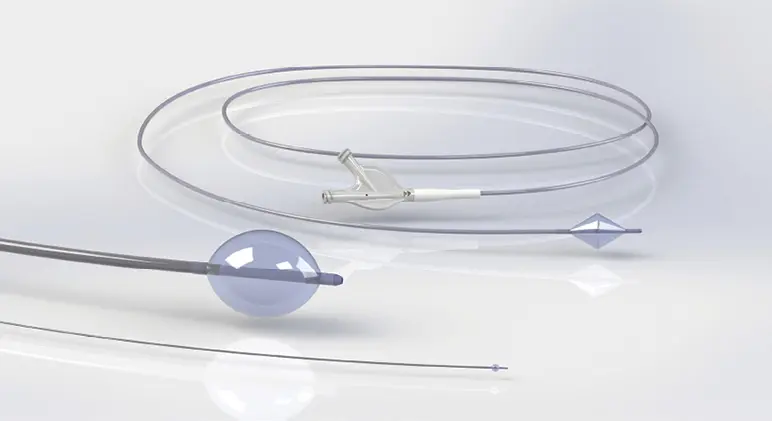The advanced materials and technologies used in the manufacturing of cardiovascular and neurological catheters
The advanced materials and technologies used in the manufacturing of cardiovascular and neurological catheters play a crucial role in the success and safety of medical procedures involving their use. These specialized devices, which are inserted into the body through natural orifices or small incisions to diagnose or treat conditions in the cardiovascular and neurological systems, require careful design and production to ensure they are effective, reliable, and safe for use in the human body.
Materials – Polymers
One key material used in the manufacturing of catheters is polyurethane, a synthetic polymer that is both flexible and strong. Polyurethane catheters are commonly used in cardiovascular procedures, such as angiography and angioplasty, as they are able to navigate through the complex and often narrow vessels of the cardiovascular system without breaking or kinking. In addition to polyurethane, catheters may also be made from other polymers such as polyethylene, polypropylene, and polyvinyl chloride (PVC), each with its own specific properties and advantages. Savasto manufactures a Catheter Bonding Machine which utilizes a CO2 laser to bond the polymers for catheter proximal and distal balloon bonding, catheter shaft bonding, catheter soft tip attachment, butt joint and shaft bond to hypo tube bonding.
Coatings
Another important aspect of catheter production is the use of lubricious coatings, which reduce friction and the risk of damage to the body’s tissues during insertion and removal. These coatings, which may be applied to the exterior surface of the catheter or infused into the material itself, can be made from a variety of substances, including hydrogels, silicone, and polytetrafluoroethylene (PTFE). Savasto manufactures a catheter coating machine that applies a hydrophilic coating and UV cures the catheter.
Machinery and Technology
In addition to materials, the manufacturing process itself is an important factor in the production of high-quality catheters. Many modern catheter manufacturing facilities utilize advanced technologies such as computer-controlled machinery and automated assembly lines to ensure consistent and precise production. Quality control measures, including sterilization procedures and rigorous testing, are also essential to ensure the safety and effectiveness of the finished product.
One of the more recent developments in catheter manufacturing is the use of 3D printing technology. This revolutionary technique allows for the creation of customized catheters with complex and intricate designs, which can be tailored to the specific needs of individual patients. 3D printing also allows for the rapid prototyping and testing of new catheter designs, speeding up the development process and reducing costs.
Regulatory Guidelines
Despite the many advances in materials and manufacturing technologies, the production of catheters remains a highly regulated field. Catheter manufacturers must adhere to strict guidelines set forth by regulatory agencies such as the U.S. Food and Drug Administration (FDA) to ensure the safety and effectiveness of their products. This includes adhering to Good Manufacturing Practices (GMP), which outline the standards for the design, testing, and production of medical devices. All Savasto machines are delivered with a complete validation package enabling swift and efficient commissioning.
The advanced materials and technologies used in the manufacturing of cardiovascular and neurological catheters are crucial to the success and safety of medical procedures involving their use. From the specialized polymers and lubricious coatings used in production to the sophisticated manufacturing processes and quality control measures employed, these technologies ensure that catheters are effective, reliable, and safe for use in the human body. The ongoing development and refinement of these materials and technologies will continue to drive innovation and advancement in the field of catheterization.
Contact us +1 (747) 202-9147 or visit savasto.com

